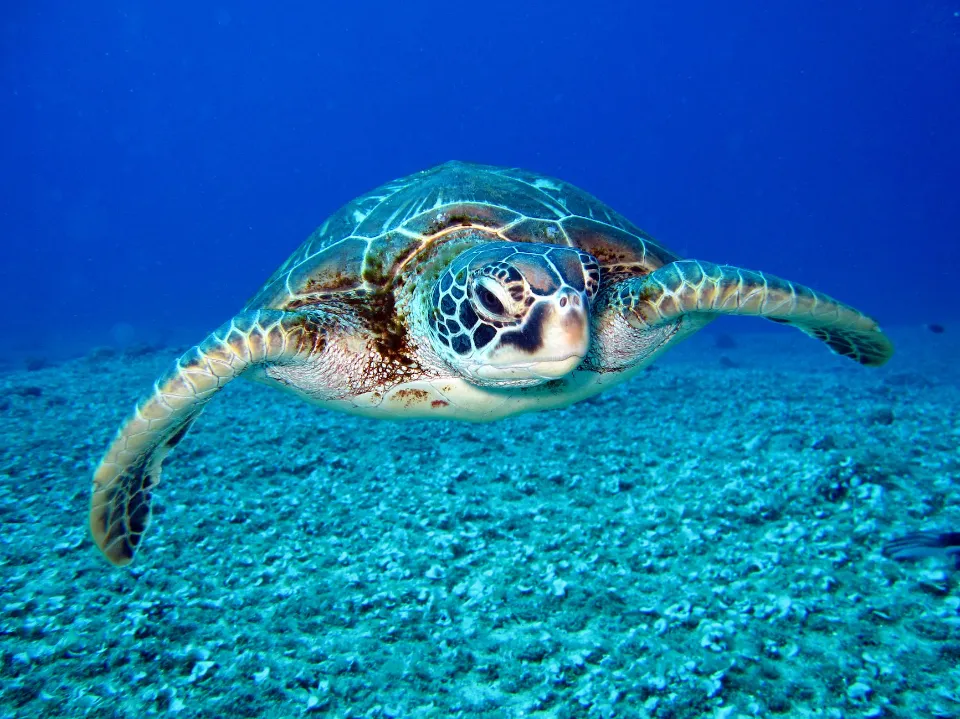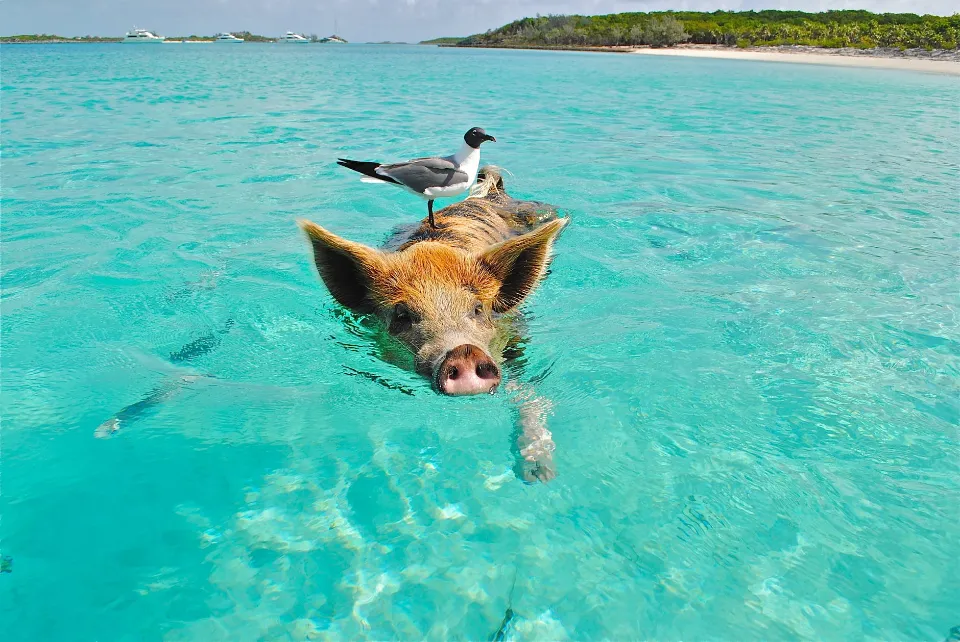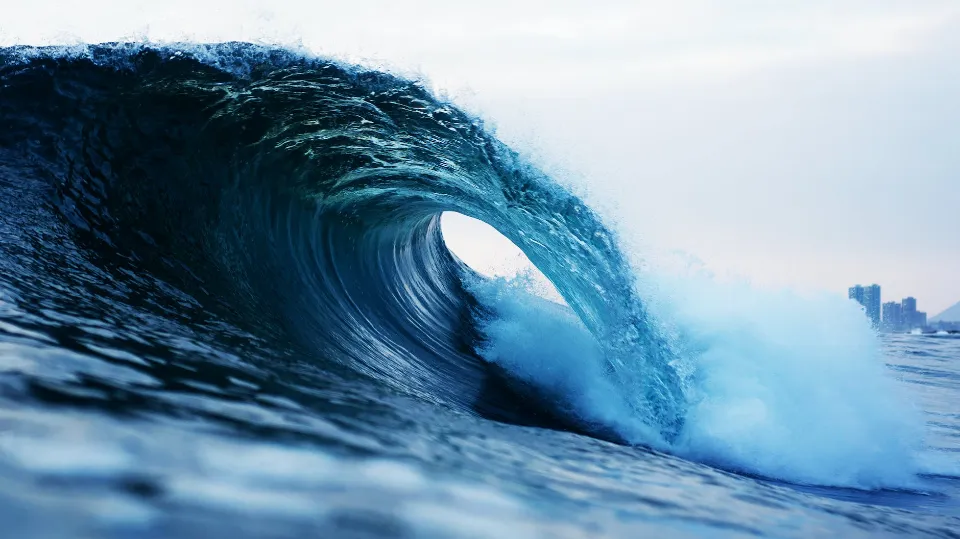
Oceanography Vs Marine Biology: What Are the Differences?
You might be perplexed when deciding between oceanography and marine biology as majors in college. Here we will explain the differences between these two majors.
Oceanography and marine biology may seem like basically the same thing, but these two majors lead to very different career paths and jobs. What distinguishes oceanography from marine biology, then?
Marine biologists study marine organisms, including their traits, physiology, and life histories, as opposed to oceanographers, who focus on the oceans themselves, their chemistry, physics, and geology as well as how organisms shape these systems.
You can tell marine biology from oceanography if you read this blog.
Read More: How To Become An Anthropologist?
Oceanography
It’s a big job being an oceanographer. The oceans are vast, and they’re constantly changing. Even if you are only studying the water itself, the presence of saltwater and currents makes this job more akin to a combination of meteorology and climatology than one or the other. It also emphasizes the physics and chemistry of the oceans. That system is incredibly complex, as you might imagine.
Oceanographers study underwater volcanoes, coral reefs, the deep abyss, and the accumulation of plastic in some regions of the waters. The rubber duck experiment is a great illustration of how these researchers will employ any available technique to learn more about the oceans. It was also a great illustration of how marine scientists can supplement some of their data by working with citizen scientists.

even when contrasting oceanography with. marine biology, it quickly becomes apparent that both fields can significantly benefit from citizen scientists who take the time to measure, log and submit information.
It can be challenging to focus on just one aspect of an oceanographer’s work due to its vast scope. However, the work they do is vitally important. They mainly research how the ocean fits into the overall picture of our planet.
The study of the oceans from a wide range of disciplines, including chemistry, physics, geology, meteorology, and mathematics, may fall under this category. In this area, researchers are attempting to understand how climate change is affecting a 1,000-year cycle and the global ocean conveyor belt.
Marine Biology
Oceanography and the study of marine life are closely related fields of study. It can be, and specific issues must be resolved in this manner, but the truth is that all ocean life depends on the actual oceans.
You must have some familiarity with oceanography in order to fully comprehend marine biology. You’ll need to understand how the currents affect living things, how different ecosystems are created in various places, and how they interact with one another.
But beyond that, you’ll need to know about the actual species you’re studying. Pretty much everything in the ocean is alive. Marine biologists work to discover and catalog all of the estimated 700,000–1 million species of marine life, of which we have only identified less than 300,00.
While it’s important for oceanographers to comprehend why plastic accumulates in particular places, such as the Great Pacific Garbage Patch, you’ll also need to understand what kinds of animals live there and how the plastic will affect them.

Main Differences Between Oceanography and Marine Biology
- Oceanography primarily focuses on the thoughtful analysis of the ocean, whereas marine biology is more concerned with the various marine life.
- Marine biology studies marine life, whereas oceanography considers the oceans.
- The role of the oceans in the Earth’s environment and how they affect life on Earth as well as the reverse are both secured by oceanographers. Analysts in marine biology must discover new species and add them to the list so that there is a more complete record.
- Geology includes the study of the ocean. The science includes marine biology.
- Topography, physical science, and science all go into oceanography. Physiology, characteristics, and life history are the building blocks of marine biology.
What Do Oceanographers Do?
Oceans make up 70% of the world’s surface, and the composition of the oceans has a significant effect on all life on Earth. The role of the oceans in the overall ecology of the planet, as well as how the oceans affect life on Earth and vice versa, are the subjects of oceanography.
The oceans can be studied from a variety of perspectives from other disciplines, such as chemistry, physics, geology, meteorology, and math. These viewpoints offer oceanographers various angles through which to view the vast oceans, aiding in their discovery of the various processes that shape the current ocean ecosystem.

Oceanography does include the study of marine life, but it does so from the viewpoint of how marine life might be influencing ocean conditions along with chemicals, water temperature, weather, and other factors. An example of studying algae would be to catalog it and find out where it can survive, what it eats, and what eats it.
An oceanographer, on the other hand, would research how algae affect the ocean’s water, such as when they release toxins into the water and change its color or kill other marine life.
What Do Marine Biologists Do?
Less than 300,000 of the estimated 700,000 to one million marine animal and plant species that inhabit the oceans, which make up 70% of the planet, have been identified. Finding new species and cataloging them so that a more complete record can be kept is one of the main responsibilities of marine biologists.
The interactions between marine organisms, such as the symbiotic relationship between clownfish and sea anemones, are another area of study for marine biologists. A marine ecosystem that marine biologists can help manage may benefit from these interactions or may experience problems as a result.
Environmental marine biologists might take a more active role in determining how marine life is affecting ecosystems and aiding in problem-solving, whereas other marine biologists might just observe and record marine life. Another area of marine biology investigates the evolutionary history of organisms by examining fossil records and evolutionary trends in comparison to living species.
Conclusion: Oceanography Vs Marine Biology
In conclusion, it is fairly easy to distinguish between marine biology and oceanography. Marine biologists study things that live in the ocean. Oceanographers, on the other hand, research the ocean’s natural components. This refers to geography, rock structures, tides, and salt content.
When deciding between these two options, it may be best to first find out if the university you plan to attend or are considering has majored in both. In the event that both are provided, you might be able to enroll in introductory classes in each discipline to ascertain which one best suits your interests.
FAQs
Is Marine Biologist An Oceanographer?
Biological oceanographers and marine biologists study plants and animals in the marine environment. They are curious about the diversity of marine organisms as well as how they grow, relate to one another, adapt to their surroundings, and engage with them.
Do Marine Biologists Only Study the Ocean?
Marine biology is the study of organisms and ecosystems in the oceans and other saltwater environments. This includes marine vegetation, wildlife, and other vertebrate and invertebrate organisms found in deep oceans, shallow waters, and lab environments.
What Type of Career is Marine Biology?
There are many career options available in marine biology, including those for biomedical researchers, marine biotechnologists, mammologists, ichthyologists (a zoologist who studies fish), environmental consultants, veterinarians, aquarium managers, aquarists, and many more.


